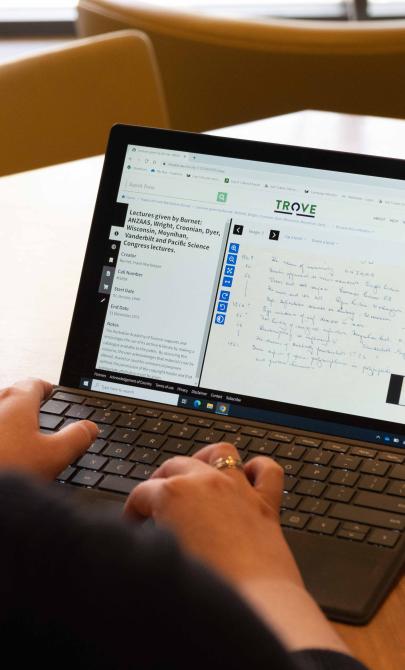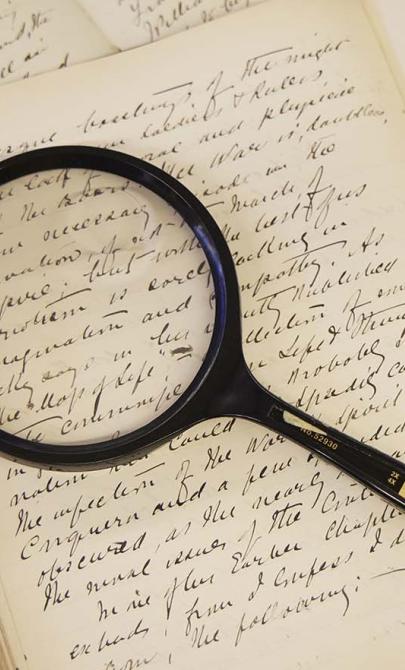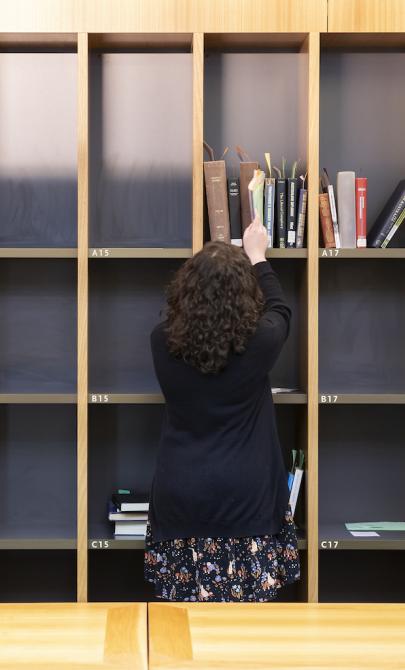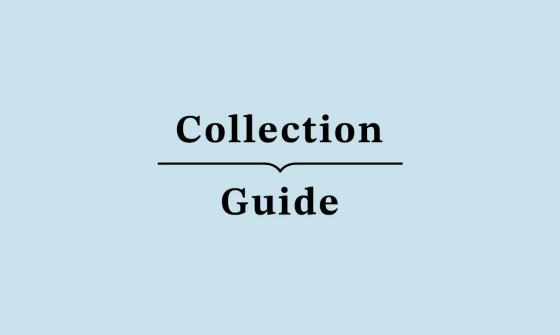Parkhill Collection
Key items in the collection
The original collection comprised 222 tapes and cassettes, with over 60 hours of playing time. They were mostly recorded in Melbourne from 1975 to 1983 and include:
- traditional songs and dance music of Turkey
- songs and dances of Abruzzi and Compo Basso
- Russian songs and liturgical chants
- traditional music of Greece, Greek Macedonia, Crete and Syria
- Lebanese improvised poetry.
There are also:
- yarns
- rhymes and songs of rural Gippsland
- Pacific Islander music.
In 1990, Parkhill added 32 tapes and cassettes recorded in Sydney from 1986 to 1987, including:
- Timorese and Paraguayan music
- a Vietnamese music ensemble
- interviews with directors of Greek, Turkish and Serbian music
- dance organisations.
In 1993, additional music tapes were added to the collection, featuring recordings in the following languages:
- Arabic
- Persian
- Greek
- Turkish
- Hungarian
- South American.
The Newcastle earthquake collection comprises 46 interviews on 175 tapes with people involved in the aftermath of the 1989 Newcastle earthquake. They include:
- a seismologist
- an architect
- builders
- engineers
- a demolition worker
- social workers
- a trade union leader
police officers - fire brigade officers
- a politician
- councillors and academics
- a playwright.
The 'Voices from Illawarra' collection consists of 18 interviews on 93 tapes with people who had lived in the Illawarra region from the 1920s to the 1990s. They include a:
- civil engineer
- school teachers
- language teachers
- trade union official
- retired waterside worker
- retired coal miner
- bush worker
- leader of the Italian community.
Later recordings acquired from Parkhill include interviews with:
- Greek Australian musicians and broadcasters
- Australian folksingers
- an Australian Aboriginal singer
- anthropologists and musicologists.
Papers of Peter Parkhill, 1960-2015 (bulk 1970s-1990s)
This collection documents the music and folktales of Australians of diverse cultural backgrounds, including Middle Eastern, Southern European, Pacific Islander and South American, and comprises correspondence, published articles, research notes, interview transcripts, photographs, music scores, audio recordings, and a draft memoir.
About Peter Parkhill
Early musical journey
Peter Parkhill was a singer in various folk music clubs in Melbourne in the early 1970s when he became interested in the musical traditions of various language, nationality or region-based communities. He became known to many singers and musicians and was invited to their homes and to parties and concerts where their music was played. With some assistance from the Australia Council, he began to record their music and also interviews and has continued to do so ever since. He has produced many programs on these musical traditions for Radio National.
Academic background and scholarship
Parkhill is a graduate in Anthropology and Ethnomusicology and has written several scholarly papers on folk music and traditional music. He has at times had academic appointments, but for much of his career he has been a freelance oral historian.
Major oral history projects
In 1993, he was appointed by the Newcastle City Council to carry out an oral history project on the Newcastle earthquake. In 1994 to 1995 he undertook the Voices from Illawarra project for the National Library.
Background to the collection
The original collection was purchased by the National Library in 1986.
In 1991 to 1993, the Library provided grants to assist Parkhill in recording singers and musicians and further recordings of this kind have been received in more recent years.
The Library also helped fund the Newcastle Earthquake and 'Voices of Illawarra' projects in 1993 to 1995.
The Parkhill Collection is housed in the Oral History and Folklore Collection. The later recordings have been catalogued individually, but only a small number of the recordings in the 3 collections described above have been catalogued.
This guide was prepared using this reference:
- Peter Parkhill, A familiar air, National Library News, vol 5 (5), February 1995, pp 17–21




